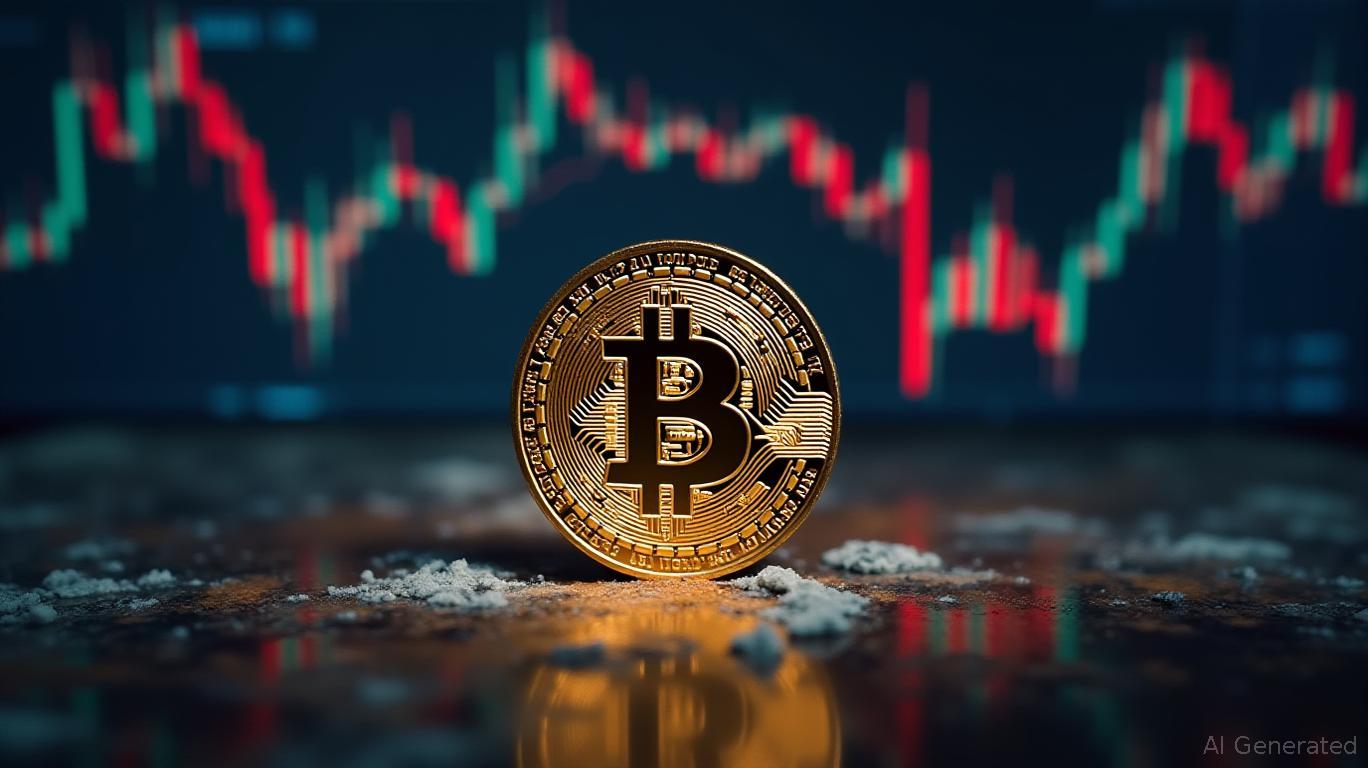Bitcoin News Update: With the Fed Loosening Policy, Optimists Eye $150K Bitcoin as Critics Highlight Vulnerabilities
The Federal Reserve's decision to lower interest rates by 25 basis points at the end of October, setting the federal funds target range at 3.75%-4.00%, sparked significant market swings, with cryptocurrencies experiencing pronounced instability, according to

The Federal Reserve's announcement to end its balance sheet reduction—commonly referred to as quantitative tightening (QT)—by December 2025 has further complicated the outlook, as highlighted by
Despite the turbulence, MicroStrategy co-founder Michael Saylor and financial author and crypto proponent Robert Kiyosaki remain optimistic. Saylor, as reported by
On the other hand, critics such as gold advocate Peter Schiff argue that Bitcoin's lackluster performance—despite gold's retreat and a climbing Nasdaq—reveals its weakness as a "safe haven" asset. Schiff's doubts reflect wider market apprehension about Bitcoin's durability in the face of tighter liquidity and evolving Federal Reserve policies.
Mixed signals in the crypto sector have not discouraged institutional involvement. French politician Éric Ciotti has suggested creating a national Bitcoin reserve, aiming to accumulate 2% of the total supply (about 420,000 BTC) over seven to eight years, as noted by
The Federal Reserve's plan to resume Treasury purchases in early 2025 is also under the spotlight; analysts believe this could help stabilize bank reserves and relieve market stress, which may indirectly support Bitcoin by enhancing liquidity and boosting investor confidence, as detailed by
Adding to the debate, Senator Cynthia Lummis, a close Trump ally, has proposed selling the Federal Reserve's gold reserves to acquire one million bitcoins, presenting it as a way to build a strategic reserve without expanding the deficit, as reported by
With US bank reserves nearing their lowest levels since 2020, the debate over Bitcoin's effectiveness as a hedge continues. While institutional investors and policymakers such as Saylor and Lummis advocate for greater adoption, skeptics like Schiff point to the asset's volatility and sensitivity to macroeconomic shifts. As the Federal Reserve's policy changes and regulatory actions reshape the environment, the coming months will reveal whether Bitcoin can establish itself as a reliable store of value or remain a speculative instrument amid ongoing uncertainty.
---